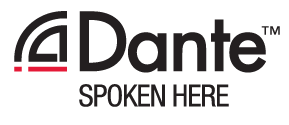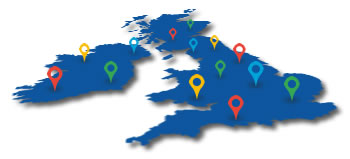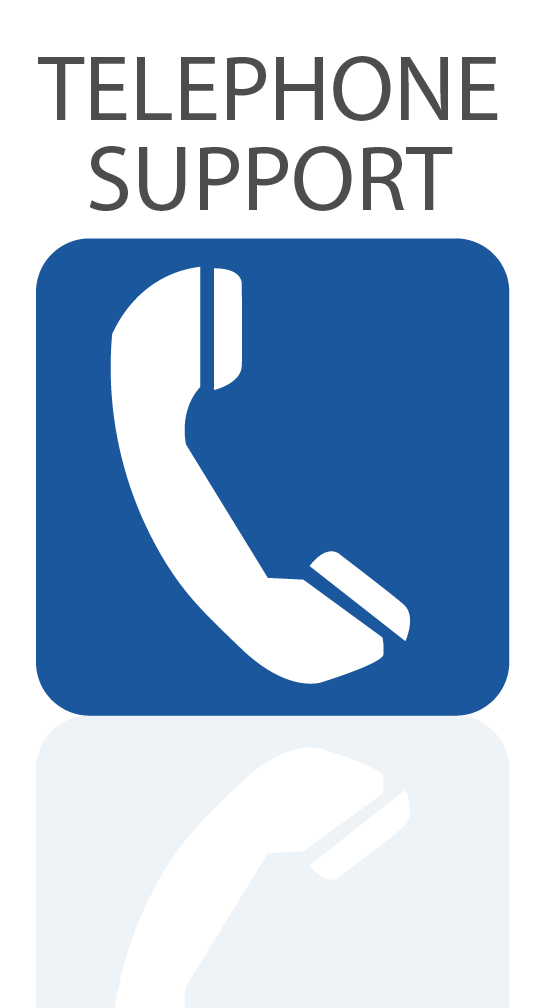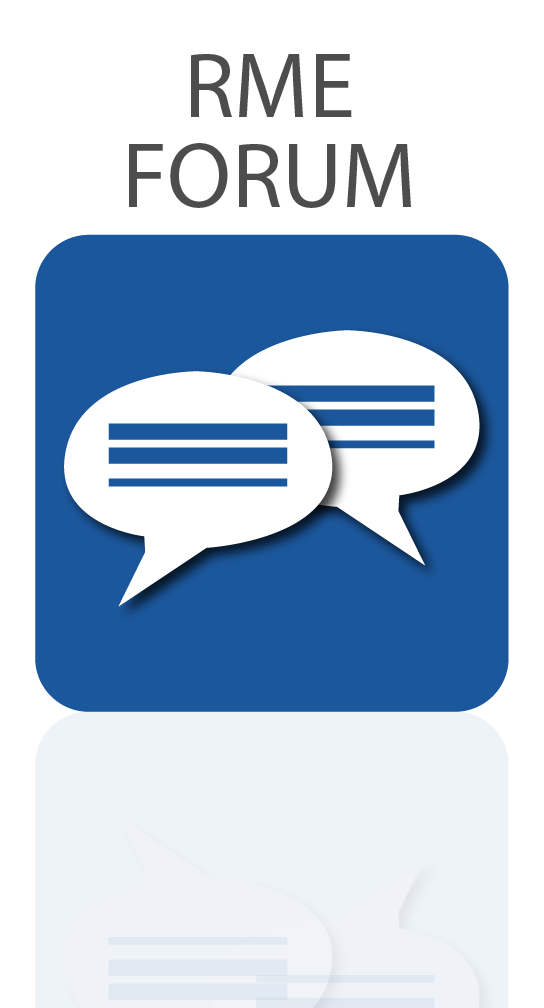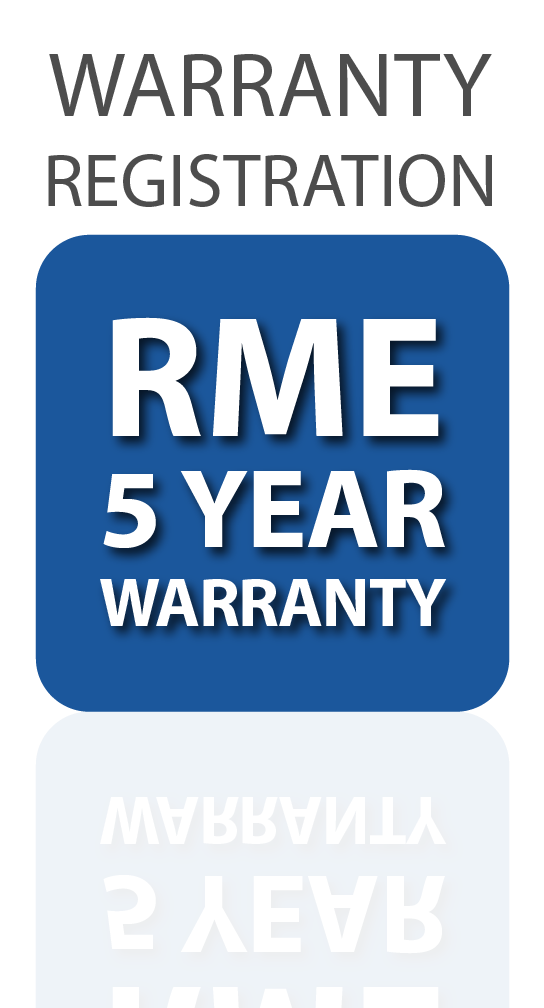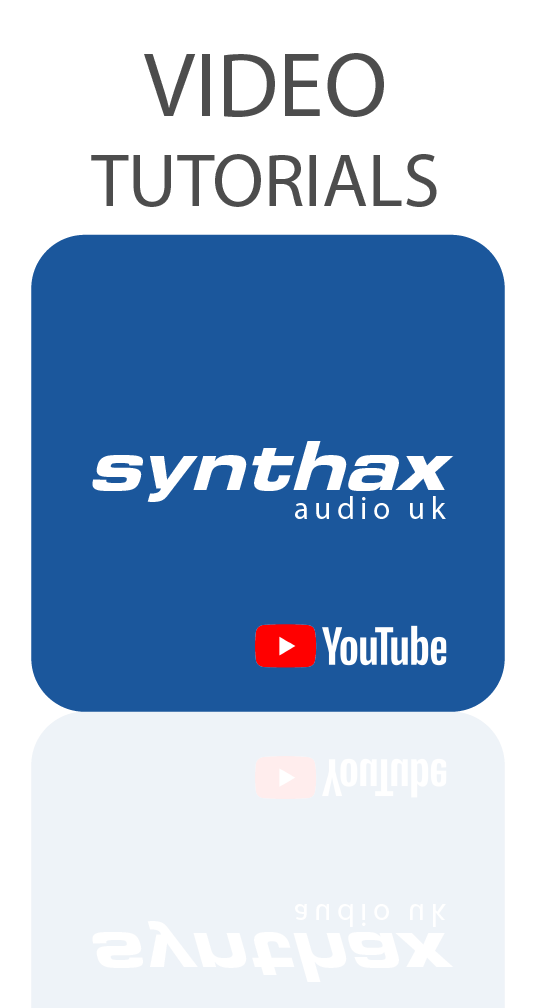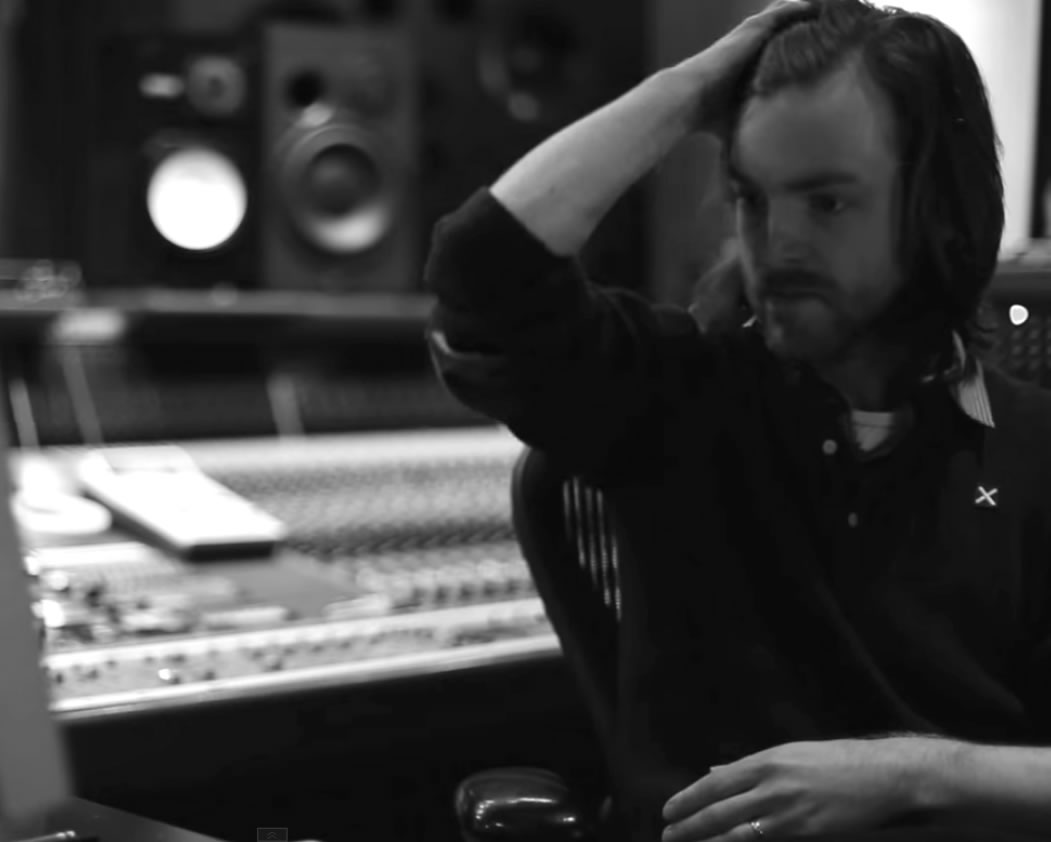“Film and TV scoring has always felt like it is at the heart of what I do. It often employs the most current technology, and is probably the best example of creativity coming head to head with technical and human limitations, which is the space us engineers often find ourselves occupying!”
Dave Moore is a recording engineer, mixer and music editor. He spent many years as a studio engineer at Phoenix Sound, based at Pinewood Studios, working with a wide range of recording artists and soon focusing on orchestral recording and film scoring. Alongside this, Dave has worked as part of the music team and sound department on almost every series of the X Factor and Britain’s Got Talent as music editor and engineer. He has also made records with a range of experimental artists, most notably MOBO award winning jazz artists Empirical.
Most recently he has worked on films like Skyfall and Les Miserables and has been working with legendary composer Alan Menken on ABC/Disney’s new musical comedy series Galavant.
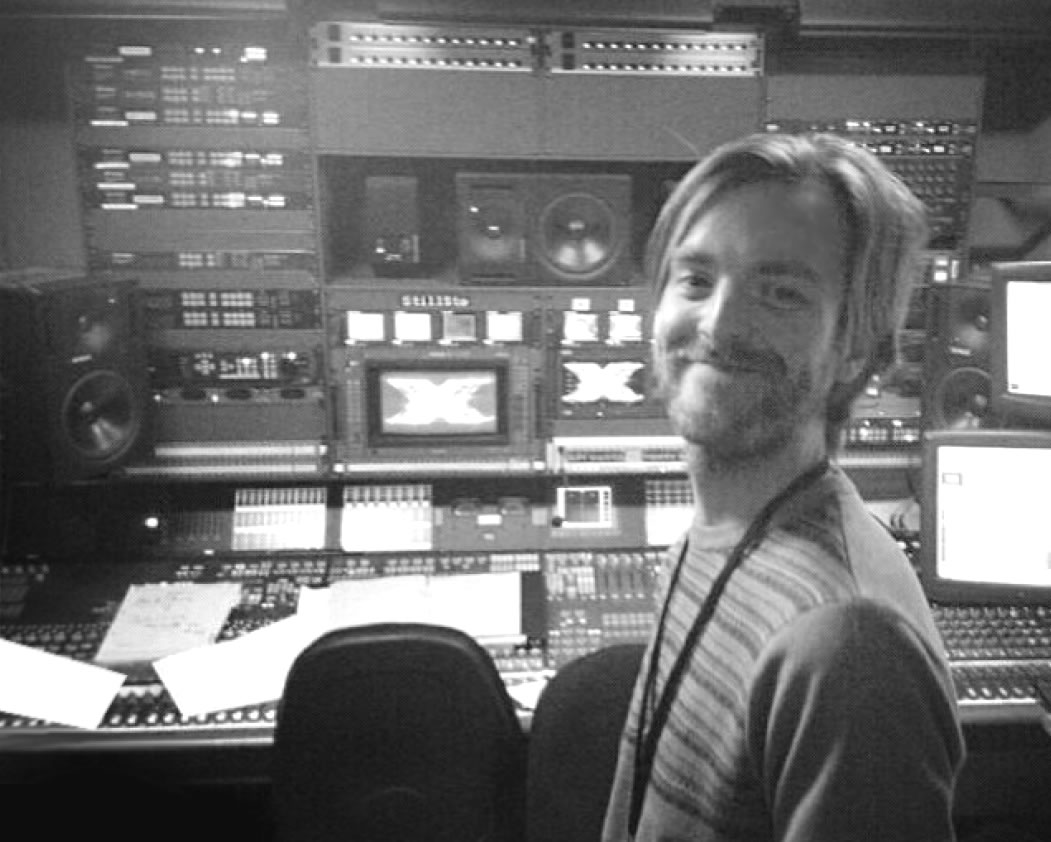
Dave has worked as part of the music team and sound department on almost every series of the X Factor and Britain’s Got Talent
Dave also has a close working relationship with Swedish composer Johan Söderqvist (best known outside of Scandinavia for his groundbreaking score for Let The Right One In and In A Better World, which won an Oscar in 2011). In the last 4 years, they have collaborated on scores for 12 movies along with a number of television series and live performances. They are currently working on season 3 of Swedish/Danish crime drama The Bridge, with RME hardware and software playing an important role in the workflow.
“I’ve had RME hardware in my studio for a long time and the RME Fireface UFX has been my primary interface on my mix rig for the last two years. I’ve tried many other native interfaces on the market over the years and nothing else has the flexibility I need. In comparison to upgrading the whole system to TDM, the price is surprisingly low considering what you get. On the occasions we need to record outside of a professional studio, working with a Native system is always going to result in a compromise with latency, but TotalMix FX is hands down the best option without shelling out a fortune – it’s so flexible.”
“We mix everything in the box – kind of an imperative when dealing with so much material and the need to get back to recalls constantly – but we use some external reverbs. Obviously we need enough outputs for surround monitoring, so the UFX has a perfect set of i/o for what I need, and if we need to expand in the future there are plenty of options within RME’s range that would fit the bill.”
It’s not just current RME hardware that has been employed in the studio however. Dave explains, “Johan has been using RME hardware for well over 10 years, starting with ADAT cards and now MADI interfaces. He is extremely particular about sound quality, so it’s great I can have the confidence to commit to using the Fireface UFX, knowing that he won’t walk from his writing room environment to my mix room and feel anything is lacking.”
What really drives the team’s workflow, much like many people now in post production and making music for film, is the ability to work remotely across a number of different locations.
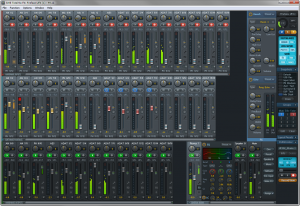
TotalMix FX – RME’s comprehensive routing and mixing software is included with all RME audio interfaces
“TotalMix has been fantastic for our workflow, which has been evolving gradually over the years. We do a lot remotely now, with Johan and his co-writers/arrangers often in different locations around Sweden, and I’ll be in London pulling it all together and pre-mixing in my studio. Moving between Pro Tools systems can often be a huge time-suck. Even though the i/o routing has improved in recent versions of Pro Tools, if you don’t plan meticulously ahead there can often be one or two things that need re-routing when you try and open the session up in a new location – which is obviously fine for a of couple songs, but when you have 60+ cues to mix you can lose hours of precious mixing time and you can be forced into making decisions too early on in the process. Since we’ve mirrored the hardware wherever I go, all I have to do is set the routing within TotalMix and everything can stay untouched in the Pro Tools sessions, which seems like a very simple thing, but it’s clawed back a huge amount of time.”
Season 3 of The Bridge is due to air in Sweden and Denmark Autumn 2015 and soon after in the UK.
Visit Dave Moore’s website to find out more about his work.
Find out more about the RME Fireface UFX







